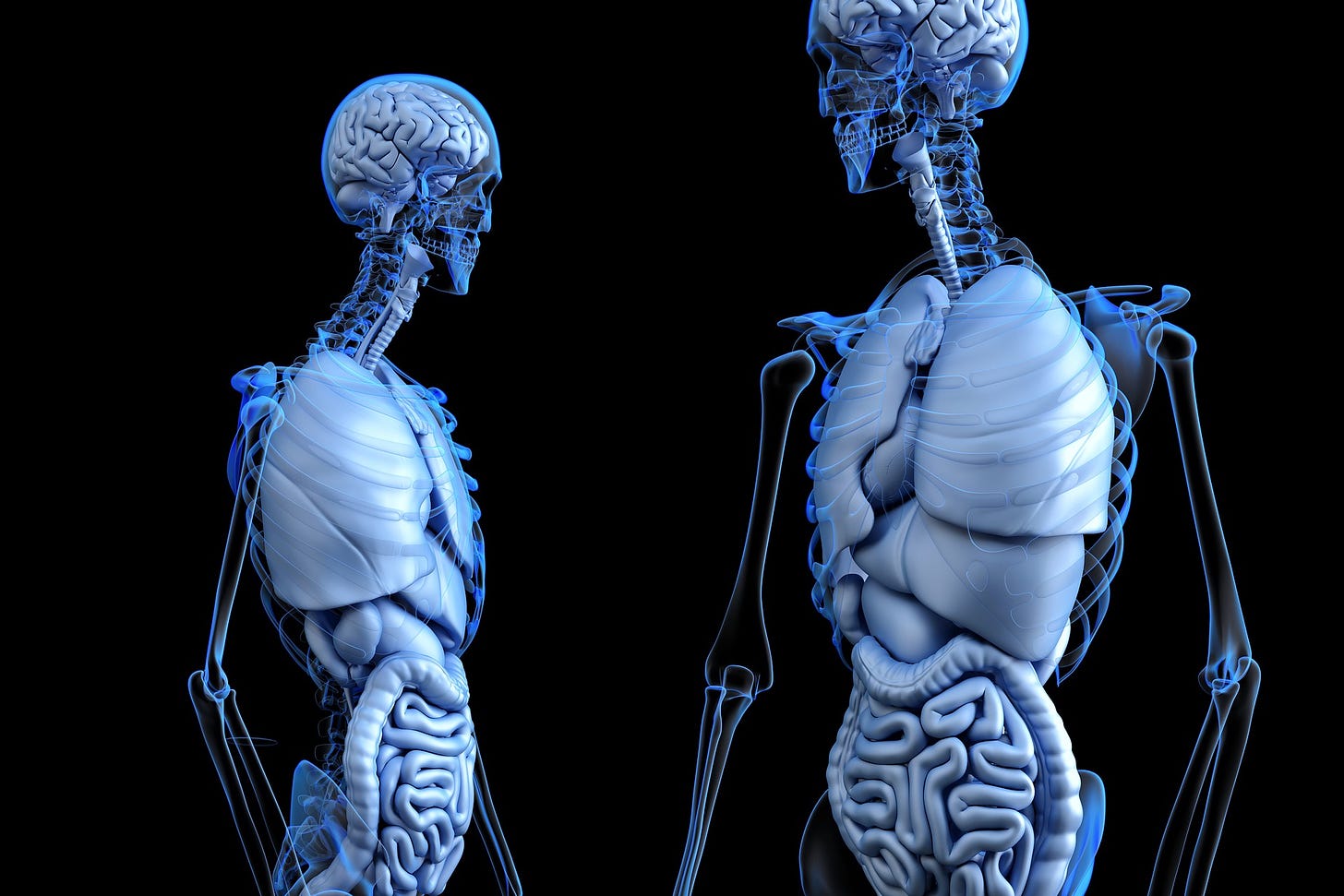The liver is an organ we rarely think about, yet it performs more than 500 functions. It helps filter toxins from the body, produces bile for digestion, stores energy, helps regulate hormones, aids circulation and digestion, cleans blood and plays a role in metabolism, among other things.
Something that makes the liver unique and amazing is its ability to regenerate after it’s become damaged. In fact, the liver’s cells divide and regrow lost or damaged tissue within days, growing to almost 100 percent of its original size within six to eight weeks.
As the main organ involved in detoxification, the liver recognizes toxic substances and converts them into harmless material that can be released. Specifically:
It filters blood coming from the digestive tract
Produces bile
Dissects and converts nutrients from foods once they reach the digestive system
Helps spread nutrients throughout the body via the bloodstream and keeps the amount of nutrients in the blood supply at optimal levels
Eliminates toxic waste from broken down foods/substances
Breaks down and removes excess hormones
Stores certain vitamins and minerals for when they’re needed
Manages the conversion of dietary fats and manufactures triglycerides and cholesterol
Turns carbohydrates into glucose, to be stored for later use
Why Detoxing The Liver Is Important
In modern times, as society has increasingly been exposed to toxic compounds in the air, water, and food, our ability to detoxify these substances is of critical importance in our overall health.
The main factors that may lead to liver injury are related to an unhealthy lifestyle. They include: Excessive alcohol consumption, an unbalanced and fatty diet, exposure to toxins and chemicals, e.g. (heavy metals, solvents, pesticides, microbial toxins, alcohol, etc.), frequent use of medicines (e.g. painkillers), certain diseases, such as viral hepatitis and toxins
The first signs of liver damage tend to be abdominal pain, digestive issues, loss of appetite and bloody stools. As liver damage and scarring progresses, symptoms can include edema, chronic fatigue, cognitive impairment, changes in the skin and other issues. But liver disease can be prevented.





